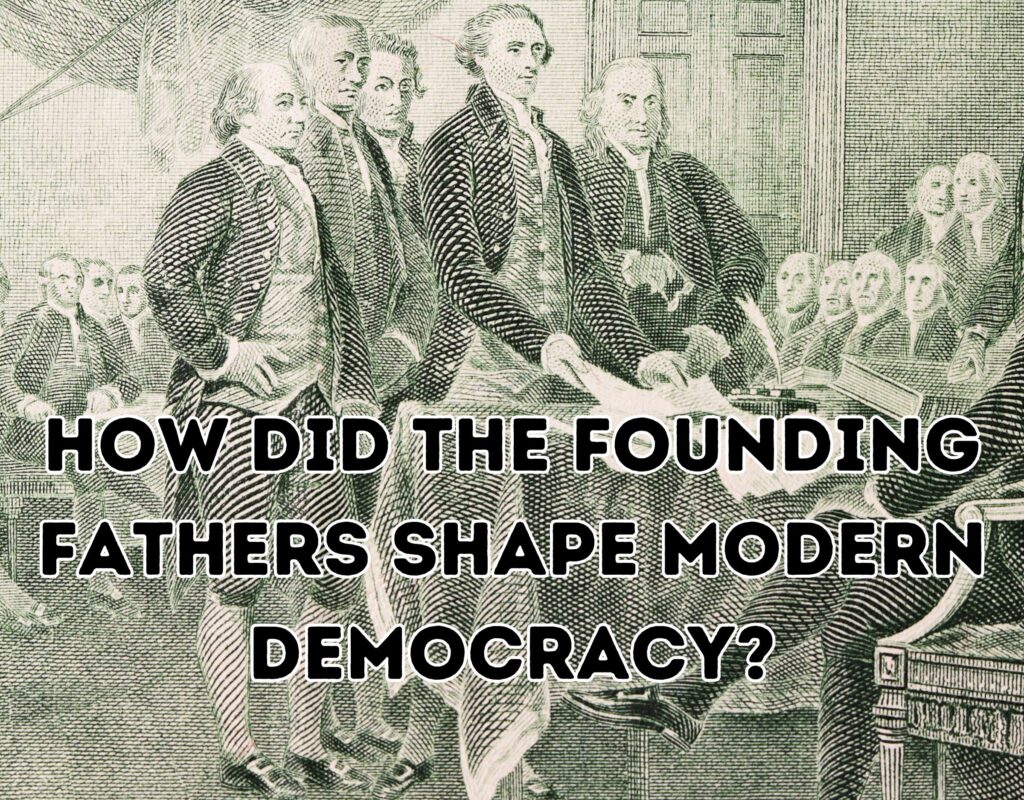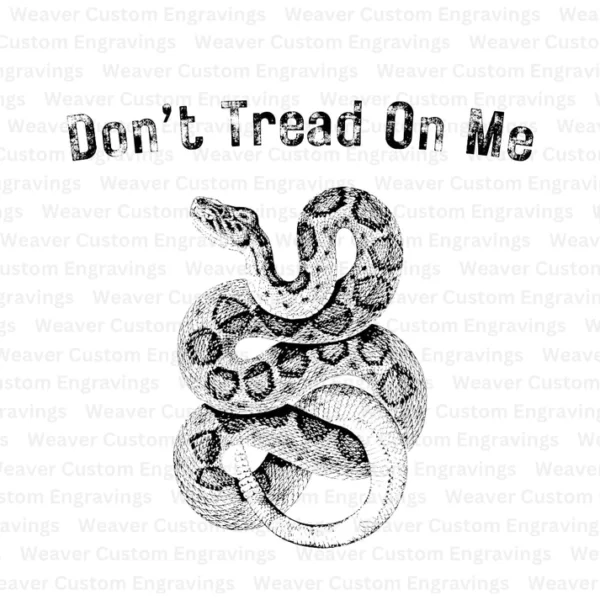The Founding Fathers of the United States were instrumental in shaping the democratic principles that have influenced not only America but also the world at large. Their revolutionary ideas laid the groundwork for modern democracy, setting a precedent for governance that prioritizes individual freedoms and collective decision-making. But how exactly did these visionaries shape the democracy we know today?

The Birth of a Nation
The United States was born out of a desire for self-governance and freedom from British rule. The Founding Fathers, including George Washington, Thomas Jefferson, Benjamin Franklin, and others, were deeply influenced by Enlightenment thinkers. They envisioned a nation where power was vested in the people, not a monarch or a select few.
The Constitution: A Living Document
One of the most significant contributions of the Founding Fathers was the United States Constitution. This document established the framework for the federal government and remains the oldest written national constitution still in use. It is often referred to as a “living document” because it allows for changes and amendments, ensuring that it adapts to the needs of a changing society. For more on the Constitution, check out our article on Understanding the U.S. Constitution.
Checks and Balances
The Founding Fathers were wary of concentrating too much power in any one branch of government. They introduced a system of checks and balances to ensure that each branch could counterbalance the others, thereby preventing any single entity from becoming too powerful. This idea was revolutionary at the time and has been adopted by numerous democracies around the world.
The Bill of Rights
The first ten amendments to the Constitution, commonly known as the Bill of Rights, were another monumental contribution. These amendments guarantee essential rights and civil liberties, such as freedom of speech, religion, and the press. For an in-depth look at the Bill of Rights, read our article The Importance of the Bill of Rights.
Federalism: A Unique Approach
The Founding Fathers also introduced the concept of federalism, which allows for a division of powers between the federal government and the states. This system enables local governments to address local issues effectively while still maintaining a unified national policy.
Frequently Asked Questions
How Did the Founding Fathers Feel About Democracy?
While the Founding Fathers were champions of democratic principles, it’s worth noting that they had their reservations about a direct democracy, fearing it could lead to mob rule. Instead, they advocated for a representative democracy, where elected officials would act on behalf of the people.
What Were the Influences on the Founding Fathers?
The Founding Fathers were influenced by a range of thinkers, from John Locke to Montesquieu. Their ideas on governance were shaped by the Enlightenment, a period that emphasized reason, science, and individual rights.
The Founding Fathers’ vision and principles have had a lasting impact on the development of democracy, not just in the United States but around the world. Their contributions, from the Constitution to the system of checks and balances, continue to serve as the foundation for democratic governance today. For more articles on American history and governance, visit ProudPatriotLife.com.
Why Did the Founding Fathers Opt for a Republic Over a Direct Democracy?
The Founding Fathers were concerned that a direct democracy could lead to “mob rule,” where decisions are made impulsively without thorough deliberation. They believed a republic, or a representative democracy, would provide a more stable and just form of government. In this system, elected officials would have the responsibility to make informed decisions on behalf of their constituents.
How Have the Founding Fathers’ Ideas Influenced Other Countries?
The democratic principles laid down by the Founding Fathers have had a global impact. Many countries have adopted similar systems of checks and balances, as well as constitutional frameworks that protect individual liberties. The American model has often been cited as an inspiration for emerging democracies around the world.
What Was the Role of the Federalist Papers?
The Federalist Papers, a series of 85 articles written by Alexander Hamilton, James Madison, and John Jay, were instrumental in gaining public support for the ratification of the Constitution. These writings laid out the arguments for a strong federal government and are still studied today for their insights into American political theory. For more on this, you can read our article The Lasting Impact of the Federalist Papers.
How Relevant Are the Founding Fathers Today?
The principles and systems established by the Founding Fathers continue to guide American democracy. While the country has evolved and faced new challenges, the foundational ideas about checks and balances, individual liberties, and representative democracy remain relevant.
Were the Founding Fathers Unanimous in Their Views?
While the Founding Fathers shared the goal of creating a new, democratic nation, they had their disagreements. For instance, there were differing opinions on how strong the federal government should be, leading to the formation of the Federalist and Anti-Federalist factions. These debates were crucial in shaping the final form of the Constitution.
The Legacy Continues
The Founding Fathers’ vision for a democratic society based on the principles of freedom, equality, and justice continues to resonate today. Their innovative ideas have not only shaped American democracy but have also had a profound impact on governance structures worldwide. For more insights into American history and its influence on modern democracy, continue exploring articles on ProudPatriotLife.com.
As an Amazon Associate we earn from qualifying purchases through some links in our articles.



